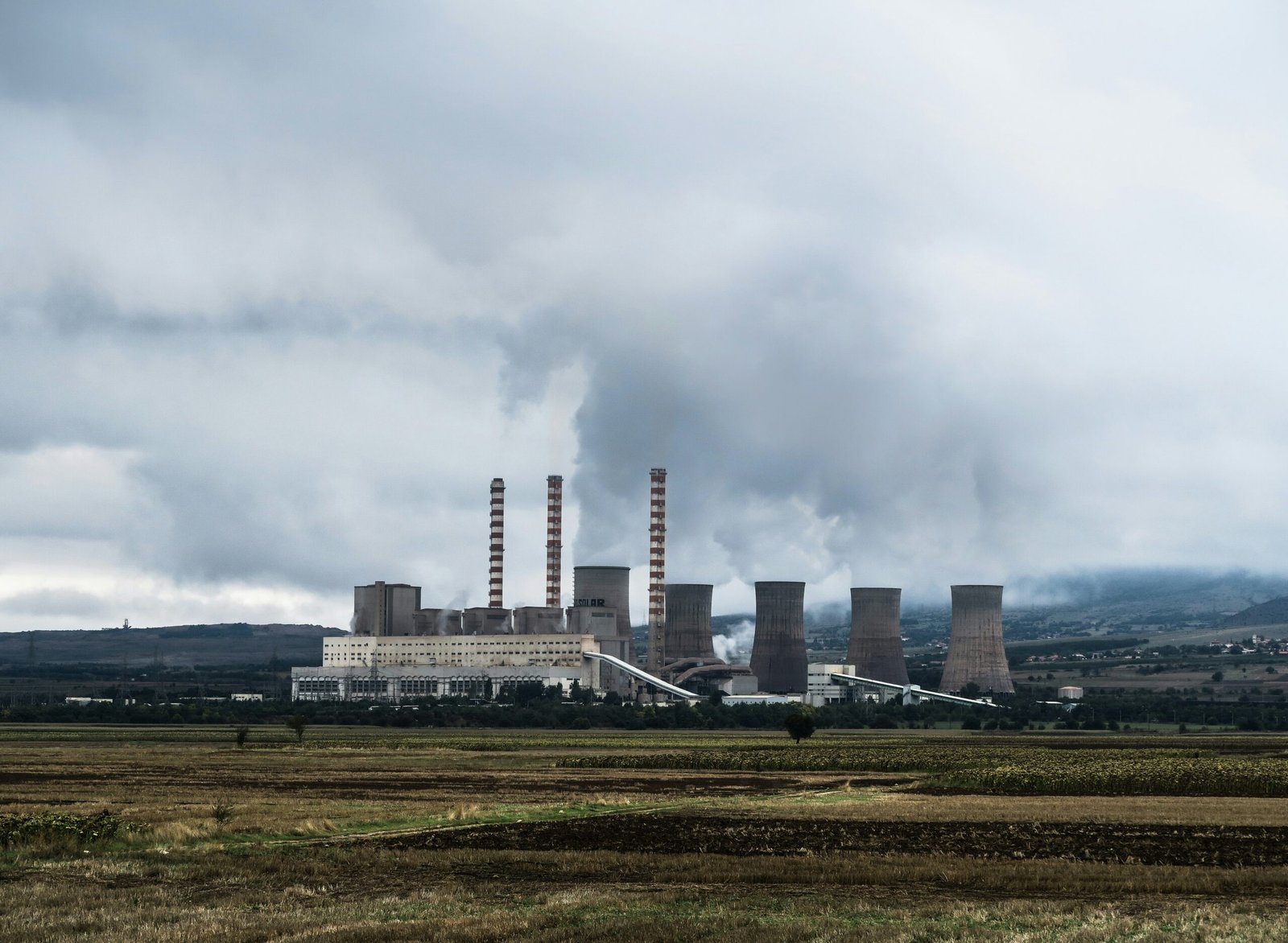The Significance of Iran’s Nuclear Program
Iran’s nuclear program has been a topic of significant concern and debate in the international community for many years. With its potential to develop nuclear weapons, it poses a threat to regional stability and global security. In this blog post, we will explore the key issues surrounding Iran’s nuclear program and its implications for the world.
The Origins of Iran’s Nuclear Program
Iran’s nuclear program traces its roots back to the 1950s when the country first expressed interest in harnessing nuclear energy for peaceful purposes. The program gained momentum in the 1970s with the support of Western countries, including the United States. However, following the Iranian Revolution in 1979, the program faced setbacks and became a source of tension between Iran and the international community.
The Concerns of the International Community
One of the main concerns surrounding Iran’s nuclear program is the potential for it to be used for military purposes, particularly the development of nuclear weapons. The international community, led by the United Nations Security Council, has imposed sanctions on Iran to curb its nuclear ambitions and ensure transparency in its nuclear activities.
Another concern is the lack of cooperation and transparency from Iran in addressing the international community’s concerns. The International Atomic Energy Agency (IAEA) has repeatedly called on Iran to fully cooperate and provide access to its nuclear facilities for inspections. The failure to do so has raised suspicions about the true nature of Iran’s nuclear program.
The Implications for Regional and Global Security
The existence of a nuclear-armed Iran has significant implications for regional and global security. It could potentially trigger a nuclear arms race in the Middle East, as other countries in the region may feel compelled to develop their own nuclear weapons as a deterrent. This would further destabilize an already volatile region.
Moreover, a nuclear-armed Iran could embolden extremist groups and non-state actors, who may seek to acquire nuclear materials or even weapons from Iran. This would pose a grave threat to global security, as these groups could use such weapons to carry out acts of terrorism or blackmail nations.
The Diplomatic Efforts and the Iran Nuclear Deal
In an effort to address the concerns surrounding Iran’s nuclear program, the international community, including the United States, negotiated the Joint Comprehensive Plan of Action (JCPOA) in 2015. The JCPOA aimed to curb Iran’s nuclear activities in exchange for sanctions relief.
However, in 2018, the United States withdrew from the JCPOA, citing concerns about Iran’s compliance and the need for a more comprehensive agreement. This move has further complicated the situation and strained diplomatic relations between Iran and the international community.
The Way Forward
Resolving the issues surrounding Iran’s nuclear program requires a balanced approach that addresses the legitimate concerns of the international community while respecting Iran’s rights to peaceful nuclear energy. Diplomatic efforts should be intensified to encourage Iran to fully comply with its obligations under the JCPOA and cooperate with the IAEA.
Furthermore, dialogue and engagement should be pursued to build trust and foster a more stable and secure environment in the Middle East. This includes addressing other regional issues that contribute to the tensions in the region, such as conflicts and proxy wars.
In conclusion, Iran’s nuclear program is a significant issue with far-reaching implications for regional and global security. The international community must continue to work together to find a diplomatic solution that ensures Iran’s nuclear activities are solely for peaceful purposes and that the region remains free from the threat of nuclear weapons.
Share this content:
